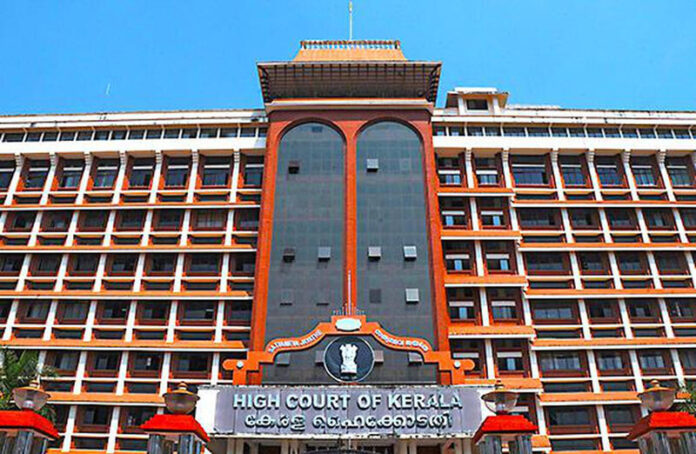Kerala: The Kerala High Court recently issued a significant ruling emphasizing the validity of insurance clauses designed to exclude claims related to self-injury or disablement caused by alcohol consumption. The case involved a petitioner, a widow seeking insurance coverage for her husband’s drowning in a well. The insurance claim was denied on the grounds that the deceased was allegedly under the influence of alcohol at the time of his death.
Justice Devan Ramachandran, presiding over the case, asserted that clauses excluding coverage for injuries or disablement resulting from accidents under the influence of alcohol are not arbitrary. The court emphasized the intention behind such clauses is to discourage individuals from intentionally causing harm or disablement solely for the purpose of insurance coverage.
The judge stated,
“I deem it necessarily to peripherally say that the said clause cannot be found to be capricious because, it is intended to avoid any temptation from any person to cause self injury or disablement, solely for the purpose of the cover of insurance. The proviso does not really impose any unreasonable restriction but only stipulates that an injury or disablement, caused on account of an accident due to the influence of alcohol, or while under such influence, would stand excluded.”
The petitioner argued for a ₹10 lakh insurance payment, contending that her husband’s death by drowning was the result of a covered accident under the Group Personal Accident Insurance Scheme and should not be denied based on the influence of alcohol. The government pleader, representing the insurance scheme, countered that compensation could not be granted for deaths arising from intentional self-injury, suicide, or accidents under the influence of intoxicants, as outlined in Clause 6 of the insurance scheme.
The court, relying on a chemical analysis report, found that the deceased had consumed a significant amount of alcohol, indicating heavy indulgence rather than casual drinking. It concluded that the husband was likely in an inebriated state when he tripped and fell into the well. Additionally, the court noted the presence of a protective wall around the well, making it improbable for a sober person to fall in, further suggesting the influence of alcohol.
In light of these findings, the court rejected the petitioner’s argument that Clause 6 of the insurance scheme should not be applied in this case, as the death was not directly caused by the consumption of alcohol. The judgment underscored the preventive nature of such clauses, aiming to deter individuals from seeking benefits under the insurance scheme in situations involving alcohol-induced injury or disablement. The ruling leaves the interpretation of such clauses open for future cases, maintaining their enforceability to prevent abuse and ensure the integrity of insurance coverage.


